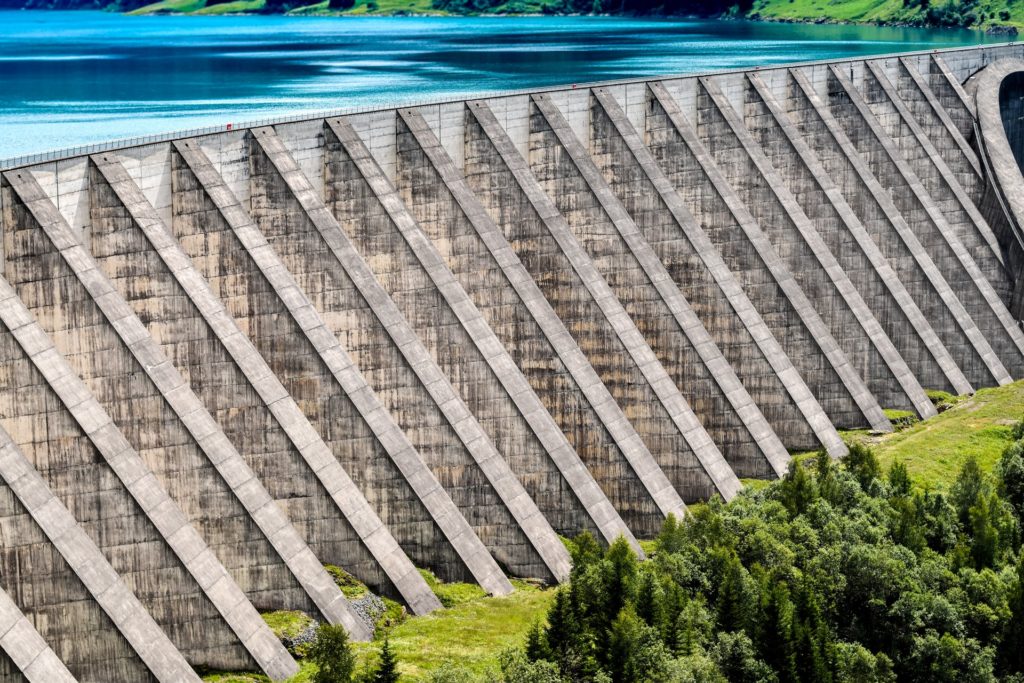Transboundary Basins: Engineering Optimized Benefits for People & Nature

Credit: Lorem Ipsum
Engineering optimized benefits for people & nature
The problem we address
Our Services/Solutions
Future H2O Lead: Yushio Tsai, PhD
Yushiou Tsai is a socio-hydrologist working at human decision-making in the use of natural resources and its consequences. Her ongoing projects include:
Lower Mekong Basin—exploring transboundary water conflicts among the four riparian countries to identify opportunities and barriers for improving transboundary water sharing arrangement and facilitating trade-offs between water, energy and food.
Brazos River Basin, Texas—assessing value of wetland restoration across a diverse set of stakeholders and evaluating flood risks given a portfolio of wetland restoration options.
Prior to her current position at Arizona State University, Tsai worked with a social, policy and integrated assessment modeling team in the University of Vermont to apply bottom-up modeling approaches to better understand the interconnections between human decisions, land use and water use. She also spearheaded a farmer survey and participated in stakeholder engagement activities to better understand a) the impacts of water quality information on farmers’ sustainable behaviors, b) farmers’ decision-making processes on adopting best management practices.
Tsai received a PhD from Tufts University with a focus on water systems and statistical hydrology.
For more information about ASU Future H2O’s work and research on creating opportunities for global water abundance, subscribe to our newsletter.